Previous IAC members
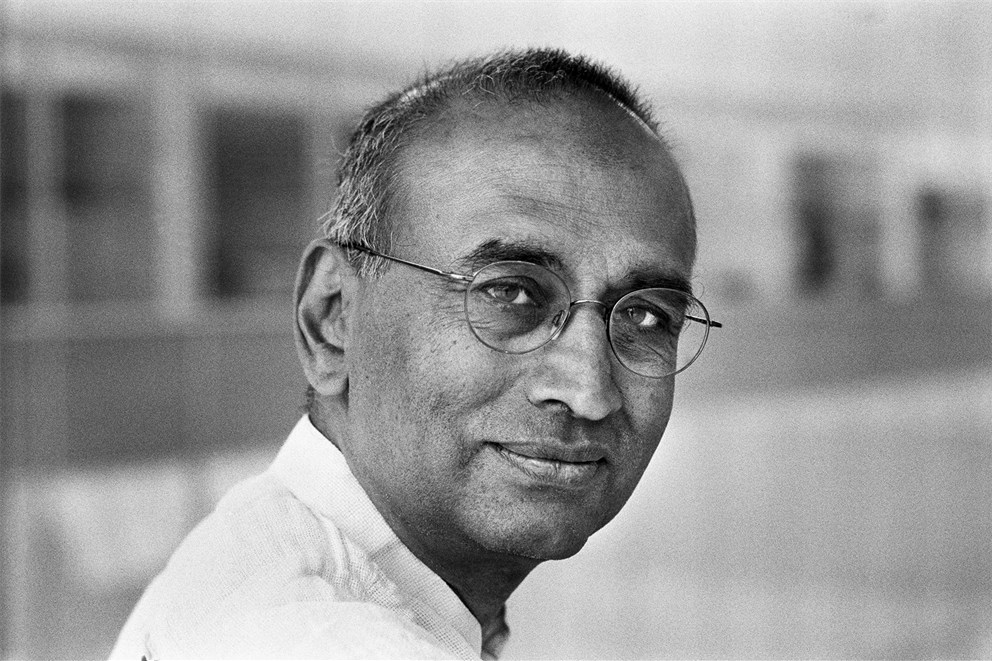
Sir Venki Ramakrishnan
Venkatraman Ramakrishnan is a Nobel Prize-winningLink opens in a new window biologist whose many scientific contributions include his work on the atomic structure of the ribosome. As the site within living cells where the genetic information is read to synthesise proteins from amino acids, an improved understanding of the ribosome has yielded many fundamental biological insights. Since 1999, he has worked as a group leader at the Medical Research Council (MRC) Laboratory of Molecular BiologyLink opens in a new window (LMB) on the Cambridge Biomedical Campus, UK. He served as President of the Royal SocietyLink opens in a new window from 2015 to 2020.
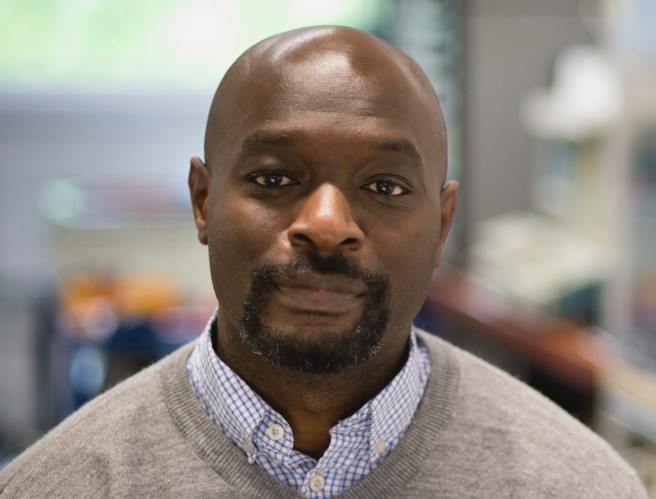
Layi Alatise
Layi Alatise is currently a Professor and Royal Society Industry Fellow in Power ElectronicsLink opens in a new window at the University of Warwick. In November 2010, he joined the University of Warwick as Science City Research Fellow to investigate advanced power semiconductor materials and devices for improved energy conversion efficiency. Since February 2019, he has been a Professor in Electrical Engineering with the University of Warwick, Coventry, U.K. He has led several EPSRC projects in Power Electronics and is currently working on an APC Project with BMW for the development of automotive powertrains based on Silicon Carbide traction inverters. He was a recipient of the 2021 best paper award in the IEEE Transactions in Industrial Electronics.
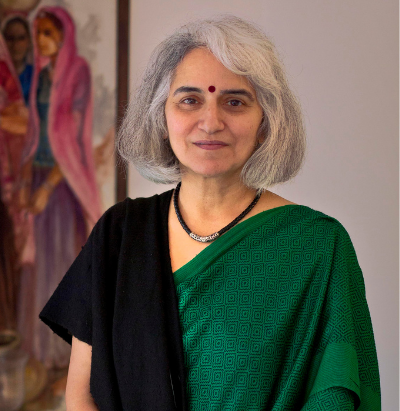
Nayanjot Lahiri
Nayanjot Lahiri is a Professor of History at Ashoka UniversityLink opens in a new window. She was previously a professor in the Department of History at the University of Delhi. Educated at St. Stephen’s College, Delhi, and at the Department of History, University of Delhi, she taught at Hindu College from 1982 to 1993, and thereafter at the Department of History. She served as Dean of Colleges at the University of Delhi from 2007 to 2010 and as Dean of International Relations from 2006 to 2007. Nayanjot Lahiri has been a Member of the Delhi Urban Art Commission (2007-2010) and currently serves on the Council of the Indian Council of Social Science Research (ICSSR) and on the Nehru Memorial Museum and Library Society (New Delhi). She was also a member of a committee set up by the Government of India in 2010 to analyse the impact of the Ancient Monuments and Archaeological Sites and Remains (Amendment and Validation) Ordinance, 2010 and to draft an alternative bill for Parliament. The bill became law in March 2010.
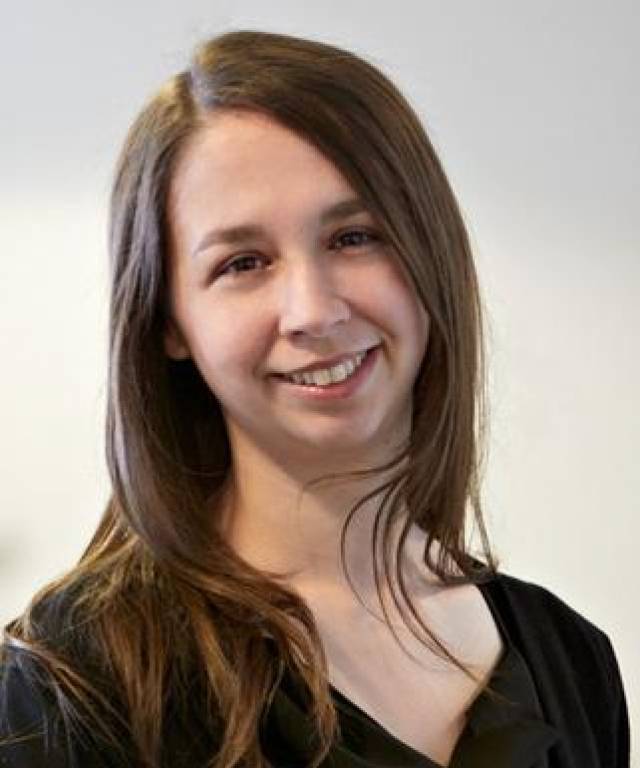
Suzy Moat
Suzy Moat is Professor of Behavioural Science at Warwick Business SchoolLink opens in a new window, where she co-directs the Data Science Lab. She is also a Fellow of The Alan Turing Institute. Her research investigates whether data on our usage of the Internet, from sources such as Google, Wikipedia and Flickr, can help us measure and even predict human behaviour in the real world.
Moat's work touches on problems as diverse as linking online behaviour to stock market moves (with Preis, Curme, Stanley, et al.), estimating crowd sizes (with Botta and Preis) and evaluating whether the beauty of the environment we live in might affect our health (with Seresinhe and Preis). The results of her research have been featured by television, radio and press worldwide, by outlets such as CNN, BBC, The Guardian, Wall Street Journal, New Scientist and Wired.
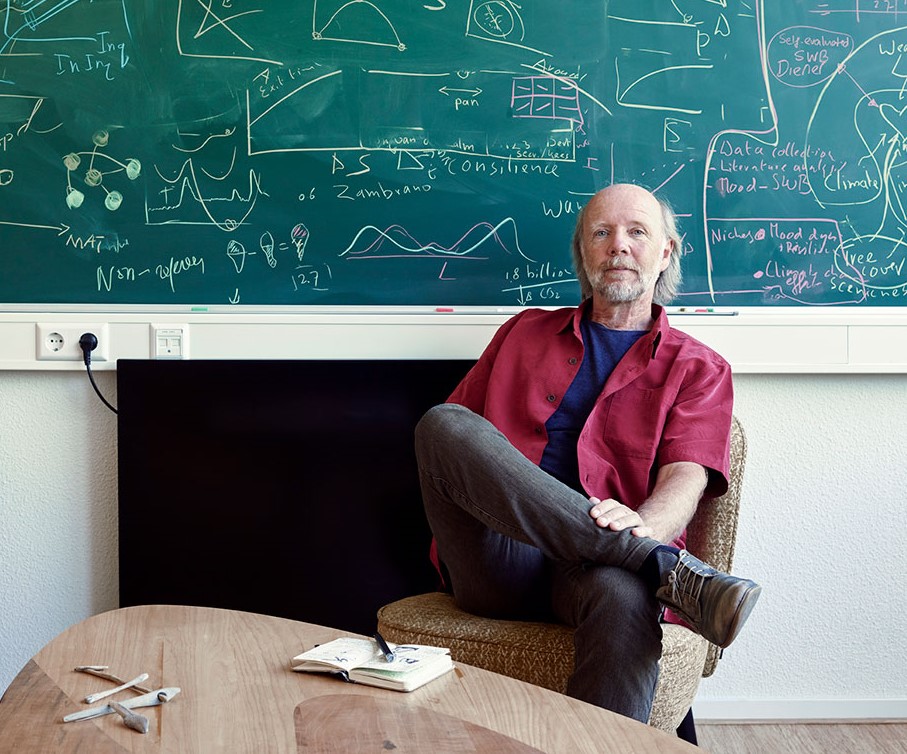
Marten Scheffer
Marten Scheffer is a Professor of Aquatic Ecology and Water Quality Management at Wageningen University and Research CentreLink opens in a new window. He is a theoretical biologist recognized for his work on the stability of complex systems. He has worked on the ecology of lakes but is known particularly for his work on tipping points in complex systems ranging from the brain to ecosystems, the climate system and societies. Scheffer was born in Amsterdam, and grew up in the Netherlands. He graduated from Utrecht University with a degree in biology. Working at the national water research institute RIZA he obtained his PhD at Utrecht University. He was a winner of the 2009 Spinoza Prize and an elected Foreign Member of the National Academy of Sciences USA. His research is located inside the field of ecology as well as outside of it, with studies into climate change and evolution.
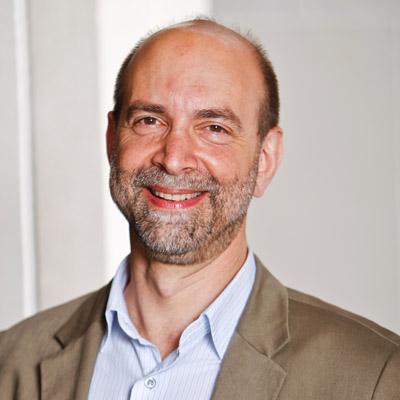
Tim Stearns
Tim Stearns is the Dean of Graduate and Postgraduate Studies, Vice President of Education, and Professor at The Rockefeller UniversityLink opens in a new window. He previously held the Frank Lee and Carol Hall Professorship in the Department of Biology at Stanford University and was Senior Associate Vice Provost of Research. His research concerns the mechanism and regulation of cell division, the organization of signaling pathways within cells, and cell biology of fungal pathogens. Stearns was named an HHMI Professor in 2002, for his work in science education, and has taught international laboratory workshops in South Africa, Chile, Ghana, and Tanzania. He chaired the NCSD Study Section at the NIH, and has served on the editorial boards of several journals. He is a member of JASON, a national organization that advises the government on matters of science, technology and national security. He has also been an advisor to the National Academies of Science and the President's Council of Advisors on Science and Technology (PCAST).
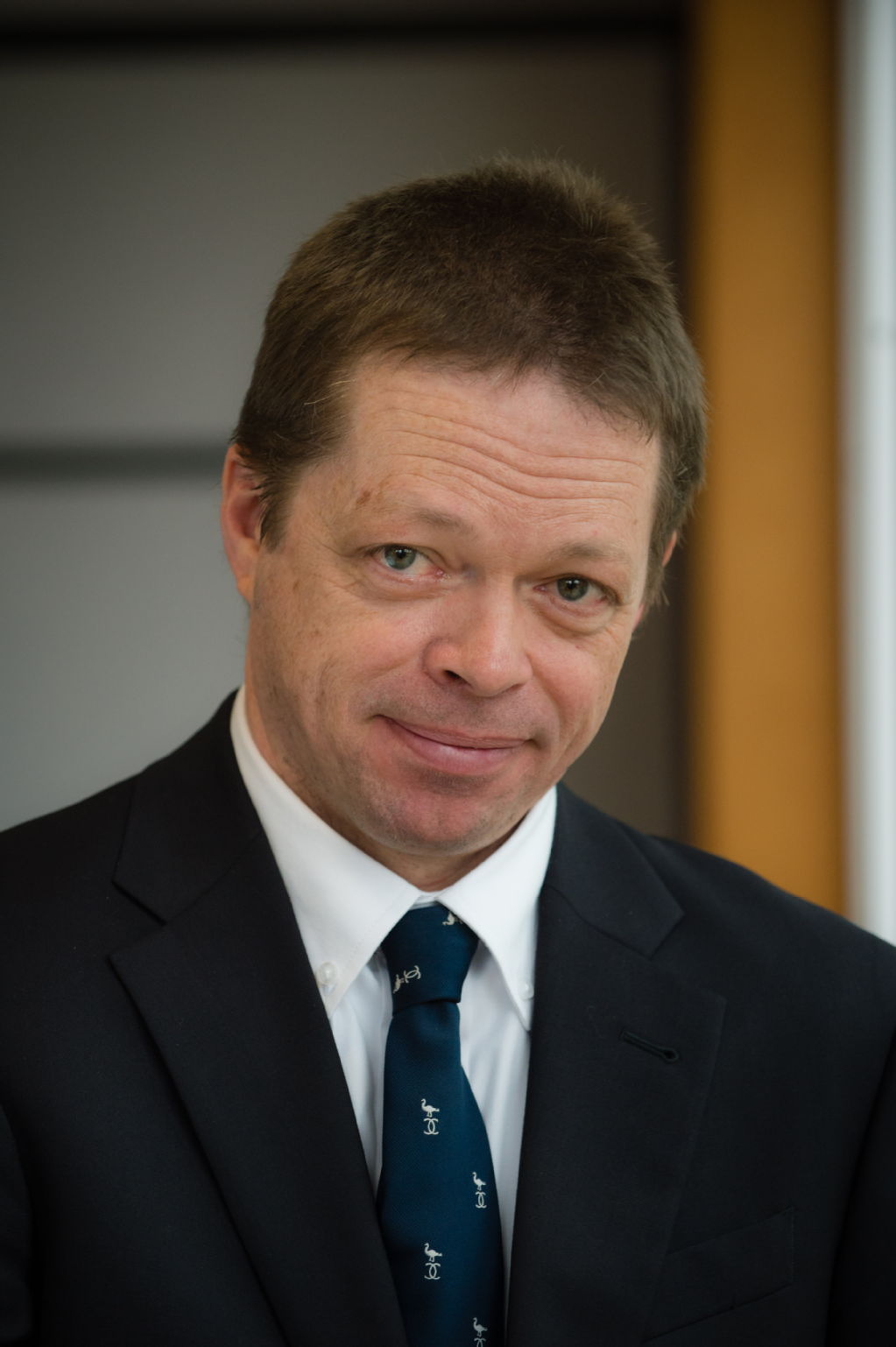
Simon Swain
Simon Swain combines his position as Vice-President (Engagement) at Warwick with the role of Vice-President (Research and Higher Education Policy) at the British AcademyLink opens in a new window, the UK's national body for Arts, Humanities and Social Sciences. He is a Professor at the University of Warwick who specialises in the Greek world of the Roman period and the development of Greek thought in the Arabic culture of the Middle Ages. He has headed the Faculty of Arts and held Pro-Vice-Chancellor positions in research and international. He took his first degree at Pembroke College, Oxford in 1980-84. His doctorate on ‘Plutarch and Rome’ was awarded in 1987 at Wolfson College, Oxford. He had a postdoctoral fellowship at All Souls College and came to Warwick in 1995. He has had extensive external funding from AHRC, Leverhulme, Wellcome, and the EU for projects on the reception and development in late antiquity and the Islamic period of ancient Greek science and pseudo-science (medicine, physiognomy), economic, and political thought. He currently holds a Wellcome Trust Collaborative Investigator Award
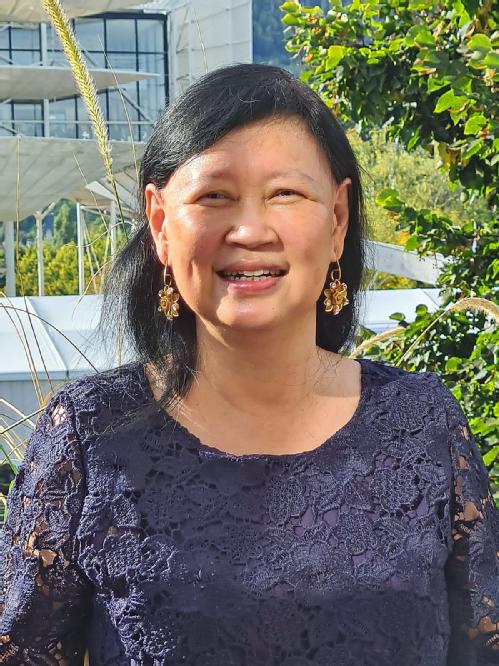
Brenda Yeoh
Brenda Yeoh is Raffles Professor of Social Sciences, Department of Geography, as well as the Research Leader of the Asian Migration Cluster at the Asia Research Institute, National University of SingaporeLink opens in a new window. Her research interests include the politics of space in colonial and postcolonial cities, and she also has considerable experience working on a wide range of migration research in Asia, including key themes such as cosmopolitanism and highly skilled talent migration; gender, social reproduction and care migration; migration, national identity and citizenship issues; globalising universities and international student mobilities; and cultural politics, family dynamics and international marriage migrants. She has published widely in these fields. Yeoh was accorded the 2021 Vautrin Lud Prize. The award is one of the highest honours presented for developments in geography, and is widely considered the 'Nobel Prize in Geography'. In the same year, she was elected a corresponding fellow of the British Academy.Link opens in a new window
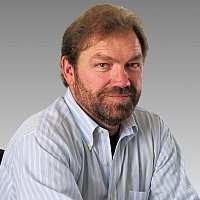
Walter W. Powell
Walter W. Powell is a Professor of Education (and, by courtesy) Sociology, Organizational Behavior, Management Science and Engineering, and Communication, Co-Director of the Center on Philanthropy and Civil Society, Director of the Scandinavian Consortium for Organizational Research at Stanford University, and Director (Interim) of the Center for Advanced Studies in Behavioral Sciences. He has been a member of the board of directors of the Social Science Research Council since 2000, and an external faculty member at the Santa Fe Institute since 1999. Powell works in the areas of organization theory, economic sociology, and the sociology of science.
